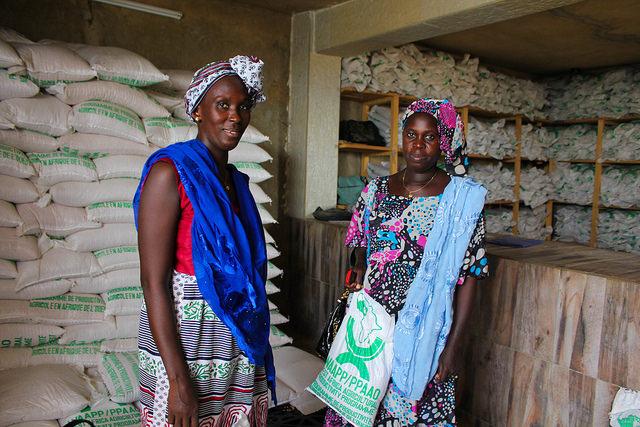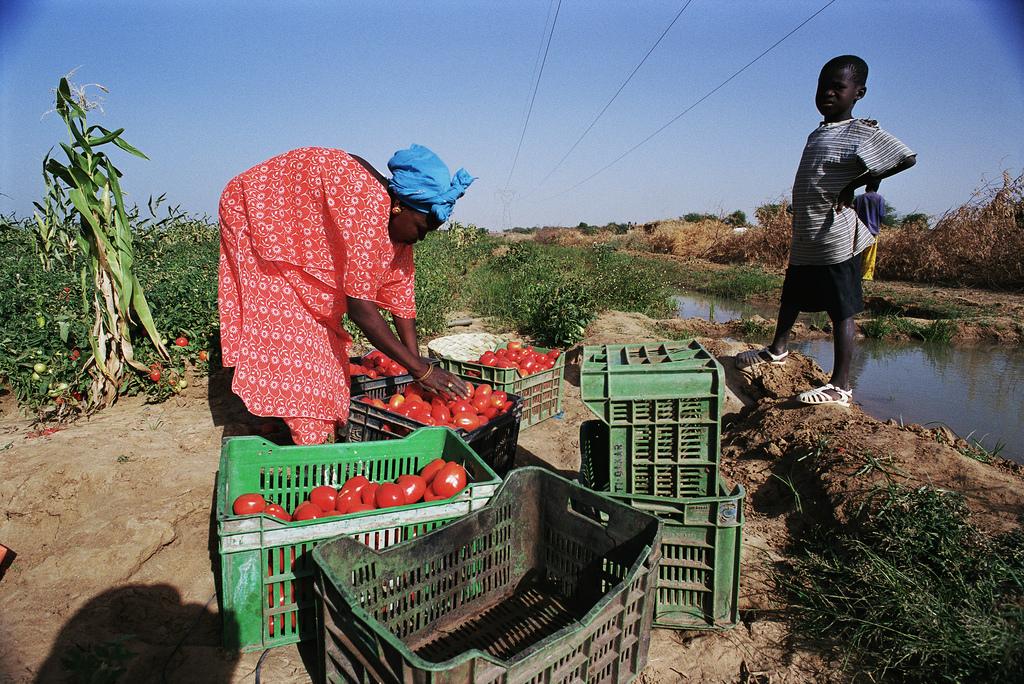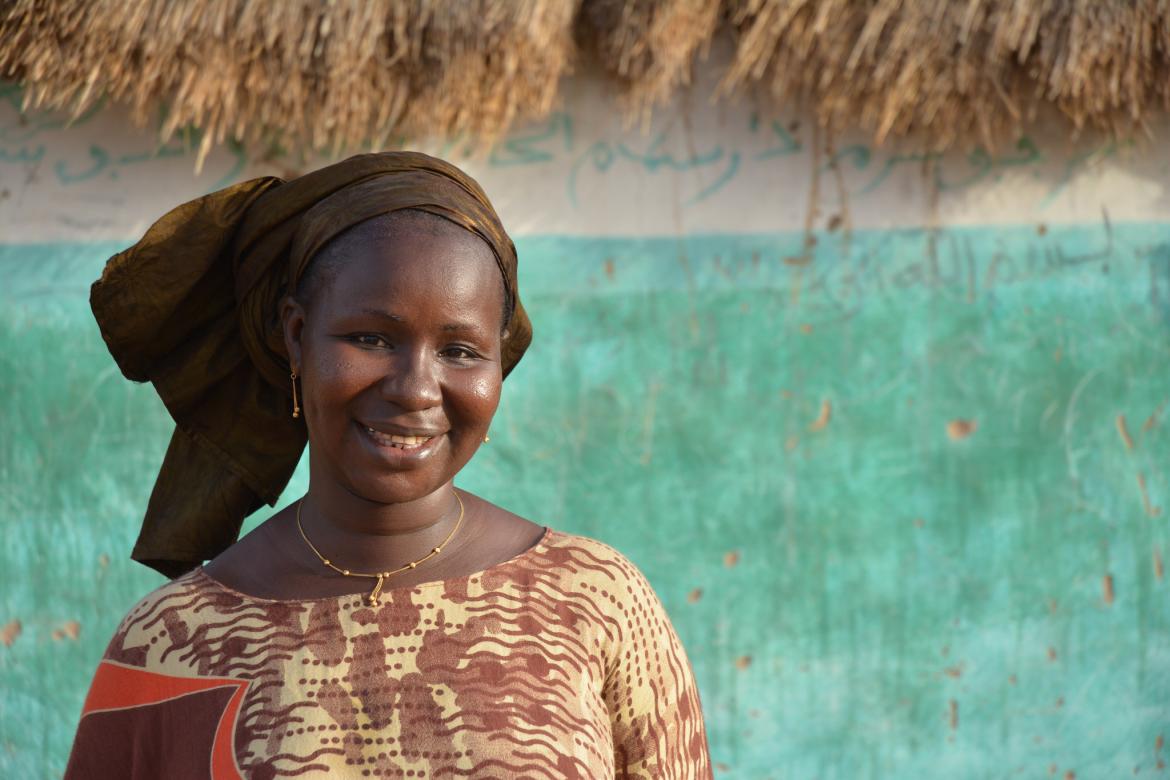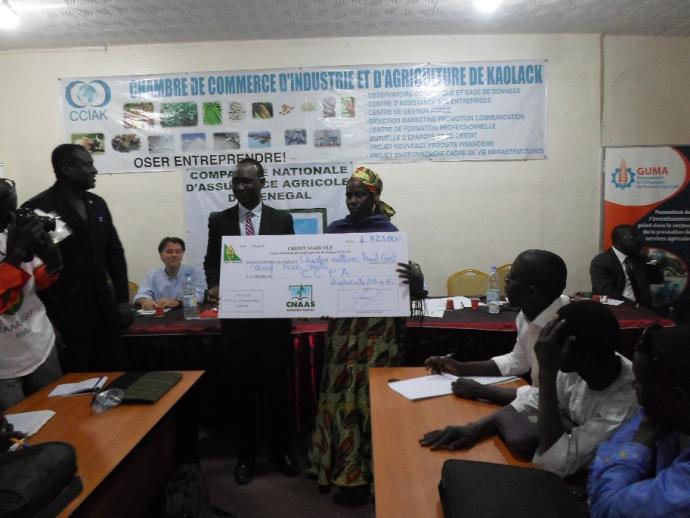
Published on:
Poor rainfall in parts of Africa has triggered the largest insurance payout to date for smallholder farmers under the R4 Rural Resilience Initiative (R4), a program launched by the World Food Programme (WFP) and Oxfam America in 2011. African farmers will receive insurance payments totaling US$1.5 million to compensate for weather-related crop losses in Ethiopia, Kenya, Malawi, Senegal, and Zambia, Reliefweb reports, according to a WFP press release.



